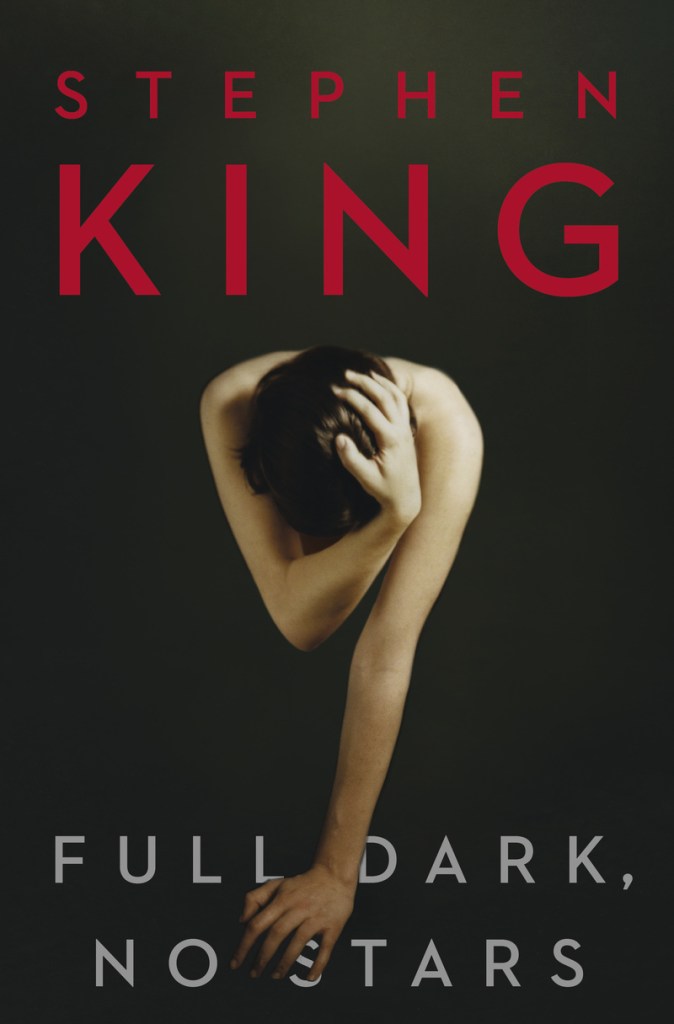“Full Dark, No Stars,” the new collection from Stephen King, contains four sturdy, stomach-turning tales: a killing haunts a family; a rape survivor takes revenge; a sick man makes a deal with the devil; and a killer lives quietly in our midst.
Taken by themselves, these don’t sound terribly original. But consider them together and you realize that the stories are less about Horrific Deeds than the more interesting Getting Away With Horrific Deeds.
That revelation won’t spoil the fun because King, not one to leave any possibility unexplored, revels in the many ways the best laid plans of monsters and men often go awry.
King can write endless, entertaining and often pointless novels that engage the reader until the final disappointing page. His short fiction – including “Different Seasons,” “Night Shift” and now “Full Dark” – jams the same dose of terror and gore into a smaller package that far outshines his longer work.
In the opening tale, “1922,” a farmer in Nebraska kills his wife over a piece of land, with the help of their son. (Readers of “The Stand” will recognize the setting.) As the son’s life unravels, the father’s mind grows more unhinged.
In the second story, “Big Driver,” a complacent author of mediocre cozy mysteries endures a terrible assault and transforms into a hard-boiled, score-settling killer.
“How many unsuspected selves could a person have, hiding deep inside?” King writes. “She was beginning to think the number might be infinite.”
“Fair Extension,” the third story, is the shortest and best thing here. A deathly ill man cuts a deal with a roadside salesman in exchange for a couple more decades of life. The terms are as unexpected as the consequences are cringe-inducing. To say more about this gem would be too much.
The final entry, “A Good Marriage,” begins with an offhand laundry list of matrimonial moments big and small that’s lyrically precise and pitch-perfect in its banality. This is balanced with a steady drip of corrosive revelations that erode the pleasant illusion. King, a master of the ordinary, marshals each detail to make the big, gruesome reveal (based in part on an actual story) that much more of a punch in the throat.
King writes these stories in his usual effortless prose, rambling through a world of farms and suburbs and tumbledown shacks, putting, as he says in the afterword, “ordinary people in extraordinary situations.” The detritus of pop culture and daily life accumulate within his protagonists’ brains until, at the moment of crisis, King rattles them around like a toddler shaking a snow globe.
Send questions/comments to the editors.



Success. Please wait for the page to reload. If the page does not reload within 5 seconds, please refresh the page.
Enter your email and password to access comments.
Hi, to comment on stories you must . This profile is in addition to your subscription and website login.
Already have a commenting profile? .
Invalid username/password.
Please check your email to confirm and complete your registration.
Only subscribers are eligible to post comments. Please subscribe or login first for digital access. Here’s why.
Use the form below to reset your password. When you've submitted your account email, we will send an email with a reset code.